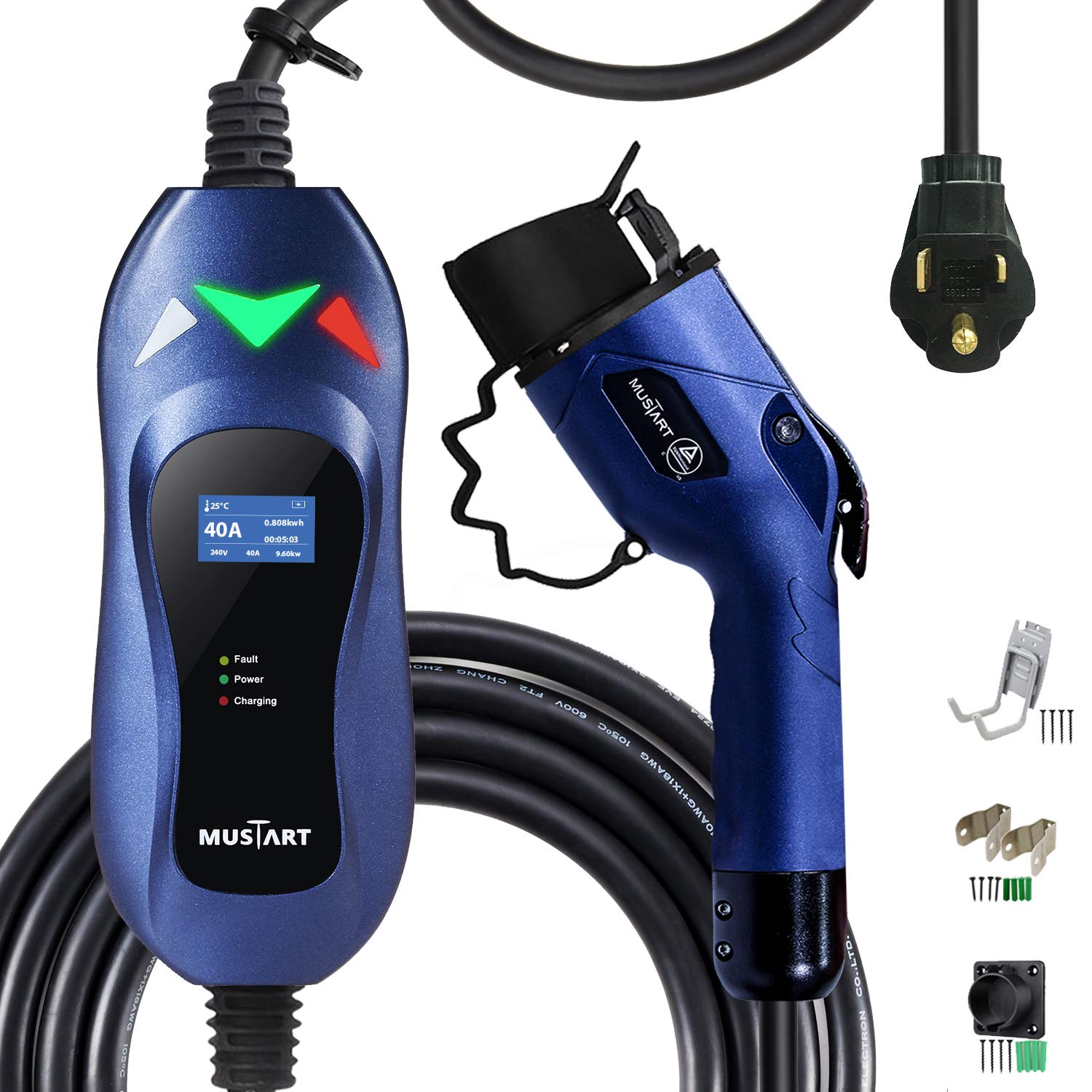Retail businesses are quietly transforming—one parking space at a time. As electric vehicles (EVs) surge in popularity, EV charging stations are becoming more than just a nice-to-have. They’re a smart business move that brings in foot traffic, boosts customer loyalty, and supports a cleaner future.
If you’re in retail and still on the fence about installing EV chargers, here’s why now is the time.
EV Charging Is Becoming an Expectation, Not a Perk
The shift toward electric vehicles is no longer “what if”—it’s happening.
According to the International Energy Agency, over 14 million EVs were sold globally in 2023, and the U.S. alone has surpassed 4 million EVs on the road. Automakers are all-in on electric—Ford, GM, and Stellantis have committed to making EVs at least 40–50% of their new car sales by 2030.
As more people go electric, they’ll expect the ability to charge while they shop, eat, or run errands. Offering EV charging makes your location more attractive—especially to a growing demographic that’s tech-savvy, eco-conscious, and likely to spend more time (and money) in your store.
Level 2 Charging Is the Retail Sweet Spot
When it comes to EV chargers, there are three levels:
- Level 1: Slow. Adds about 3–5 miles of range per hour.
- Level 2: Ideal for retail. Adds 20–45 miles of range per hour.
- Level 3 (DC Fast Charging): Very fast, but expensive and requires major infrastructure upgrades.
Level 2 chargers strike the perfect balance for most retail businesses. They’re fast enough for a decent top-up during a shopping trip, but don’t require the cost or power demands of DC Fast Charging.
The Mustart Level 2 EV Charger (48 amps) is a reliable choice—rugged, fast, and compatible with nearly every EV on the road. It’s built for both home and commercial use, and with a 48-amp output, it charges much faster than lower-amp alternatives.
More Time Spent Charging = More Time Spent Shopping
EV drivers typically stay longer at locations that offer charging. While their vehicle powers up, they’re inside grabbing coffee, Browse products, or booking services. This increased dwell time often translates to higher sales per customer.
According to McKinsey, EV drivers are highly loyal to businesses that offer charging, and they tend to plan their trips around where they can plug in.
That means your chargers are more than infrastructure—they're magnets for foot traffic.
It’s a Smart Way to Show Sustainability in Action
Consumers care about sustainability, but they also want to see action—not just words. Offering EV charging is a visible, meaningful way to show your brand is walking the talk.
A NielsenIQ report found that 78% of U.S. consumers value sustainability, and many are willing to pay more for brands that reflect their values.
Installing EV chargers, especially paired with signage or digital displays promoting your commitment to clean energy, reinforces that message in a very real way.
You Might Get Paid to Install EV Chargers
There’s growing financial support for businesses installing EV infrastructure.
From local utility rebates to federal tax credits, retail businesses can offset a large portion of installation costs. The IRS Alternative Fuel Infrastructure Tax Credit offers a credit of up to 30% of the cost to install EV chargers, while some utilities cover up to 100% of hardware and installation through clean transportation programs.
You can search for available rebates and incentives in your area using the U.S. Department of Energy’s database.
Final Thought: Retail EV Charging Is Just Good Business
EV chargers don’t just serve a function—they enhance your brand, attract a valuable audience, and future-proof your property. With reliable equipment like the Mustart Level 2 EV Charger (48 amps) and growing access to rebates, it’s easier and more affordable than ever to get started.
Retailers who move early will gain customer loyalty, foot traffic, and community credibility. The rest? They’ll be playing catch-up.
Products mentioned in this article:

Mustart Level 2 EV charger (48 Amps)
The Mustart Level 2 EV charger over Wi-Fi or 4G LTE and OCPP to provide access control and integration options for utility and network service providers. Compatible with all vehicles, including Tesla.
- OCPP demand response and network management compatible
- Wi-Fi and 4G LTE accessible
- Adjustable output — 16 to 50 amps
- RFID card reader capable
- Hardwired for safety and reliability
- 18 foot charging cable
- Made in the USA (BABA compliant)

PRIMECOM 80 Amp EV Charger
Certified for safety and reliability, the PRIMECOM 80 Amp EV Charger is our fastest pick for Level 2 charger and is network capable with Wi-Fi and 4G LTE. Compatible with non-Tesla vehicles using the J1772 plug.
- 80 Amps, 19.2kW output
- Wi-Fi and 4G LTE cellular compatible
- Hardwired for safety and reliability
- NEMA 3R rated for indoor and outdoor use
- RFID card reader capable
- 15 foot charging cable

